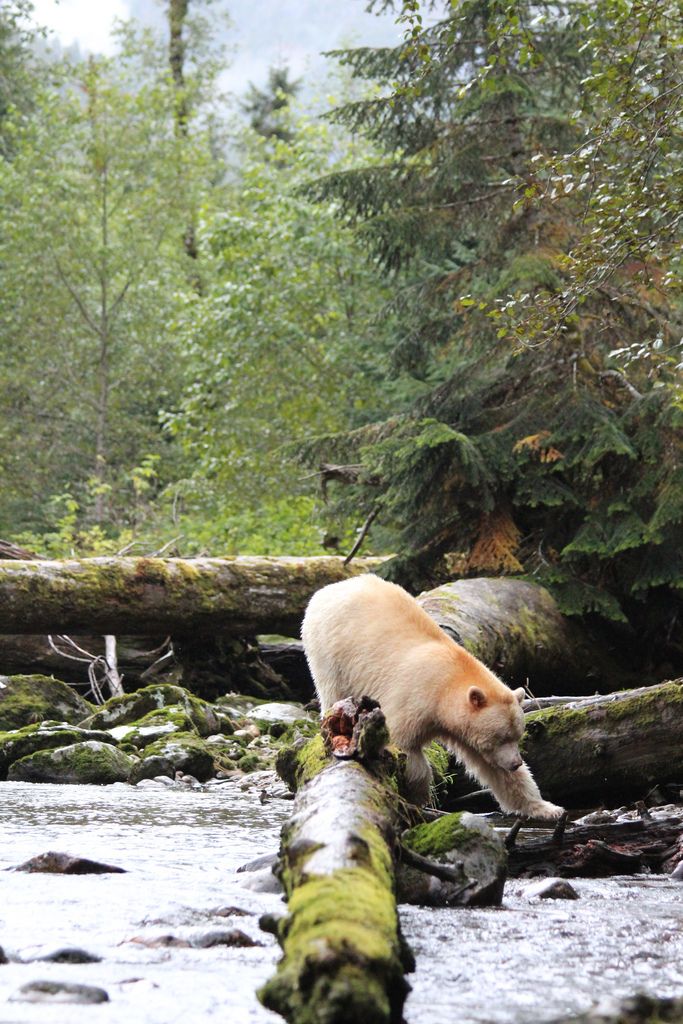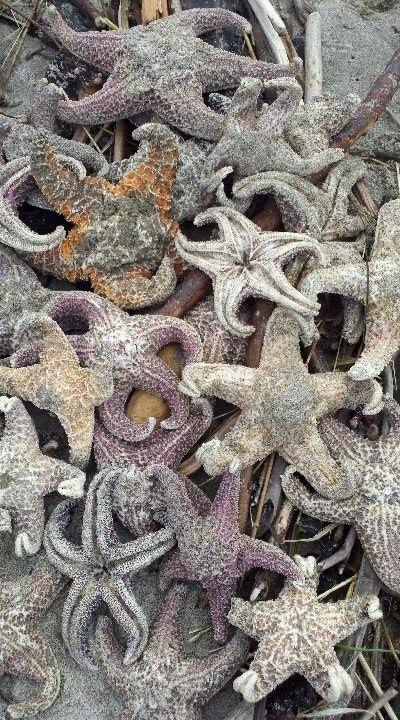Dear Integral Meditators,
What if, when under the pressure of your daily life your heart was able to remain strong, generous & open? The article below explores benevolence as a way of moving from coping to thriving in your life.
In the spirit of benevolence,
Toby
 Benevolence – Your Big-Heartedness
Benevolence – Your Big-Heartedness
Benevolence, or big heartedness as I’d like to look at it in this article means that you have a sense that you have the inner wealth and resources to give and to be generous, both to yourself and others. To feel benevolence in yourself is to sit down, look within and find a sense of open, comfortable plentiful-ness in your heart.
Struggling to cope, running on empty
The opposite of benevolence is what you might call negative emptiness. You look within yourself and sense a lonely, empty space, a vacuum that cries out to be comforted and healed. Within this empty space it feels like there is nothing that we can give.
Quite often when we are struggling to cope with all the busyness and demands in our life we feel as if we are ‘running on empty’; we want to shut down and cut ourselves off from the incessant demands of our world, and our sense of benevolence disappears under the pressure and the demands that we feel are put upon us.
Consciously cultivating benevolence
To mindfully develop benevolence we need to make an effort to actually feel it experientially in our body, mind and heart each day, and then to practice holding it consciously when we feel under pressure, when we feel tired, when we feel hard done by. To stay benevolent and (wisely) big hearted even when experiencing difficulties sends a very strong message to ourselves ‘I am inwardly strong, I am inwardly wealthy, I am adequate to the challenges of my life, I can even thrive on them.’
Receiving and giving benevolence
Right now you have friends and family members and others close to you who are extending their benevolence and kind heartedness to you. You can strengthen your own benevolence simply by inwardly receiving and giving benevolence to this close circle of connections that you have. You can do it as a simple exercise; visualizing your loved ones around you, and practising giving and receiving benevolence.
Benevolence and enlightenment
One of the simplest ways of understanding enlightenment is that it is simply the change in the energy flow of a person. An ‘unenlightened’ person feels emptiness inside and seeks to fill that emptiness by taking energy from his/her environment or other people. An enlightened person feels as if he or she has an abundance of energy to give from within, and seeks ways in which s/he can give that in a benevolent way to others and to their environment.
Benevolence and saying ‘no’
Just because you are benevolent does not mean that you allow yourself to be stepped on by other people because you are so kind you don’t know how to say no. Indeed, having a sense of inner benevolence and wellbeing helps us to overcome our compulsive need for the approval of others, and so as and when appropriate we can say no to people, even if it displeases them.
Questions for cultivating your own benevolence:
When have you felt benevolent in the past? What was the experience like?
Which people that you know in your life are benevolence role models whom you can observe and learn from?
What symbols or images embody benevolence for you?
If you were to make benevolence a conscious practice for the rest of your day today, what differences in your quality of life and actions might you notice?
Related articles: Meditating on Enlightened Love the Easy Way
Love as the Journey Towards Wholeness; Three Awareness Perspectives
© Toby Ouvry 2015, you are welcome to use or share this article, but please cite Toby as the source and include reference to his website www.tobyouvry.com
Upcoming Courses at Integral Meditation Asia in May:
JUNE 2015
Wednesday, June 24th 7.30-9pm – Integral Meditation Session @ Basic Essence – Meditating on benevolence & inner wealth
Saturday 27th June 9.30am-12.30pm – Mindful Self Confidence – Developing your self-confidence, self-belief & self-trust through mindfulness & meditation
Saturday 27th June, 2.30-5.30pm – The Call of the Wild–Meditations for Deepening Your Inner Connection to the Animal Kingdom and the Green-world
July schedule coming soon!
 I-Awake Product of the month – Healing Light
I-Awake Product of the month – Healing Light
Connect to Profound Transformation with the Music that Transmits the Frequencies of Sunshine and Spiritual Light
25% off for 1 Week Only
Discount Coupon Code:(apply during checkout) NEWSJUNE25OFF Good until June 21, 2015
Click here to find out more & listen to the free 10minute sample track:http://goo.gl/sYM3Yv
Integral Meditation Asia










